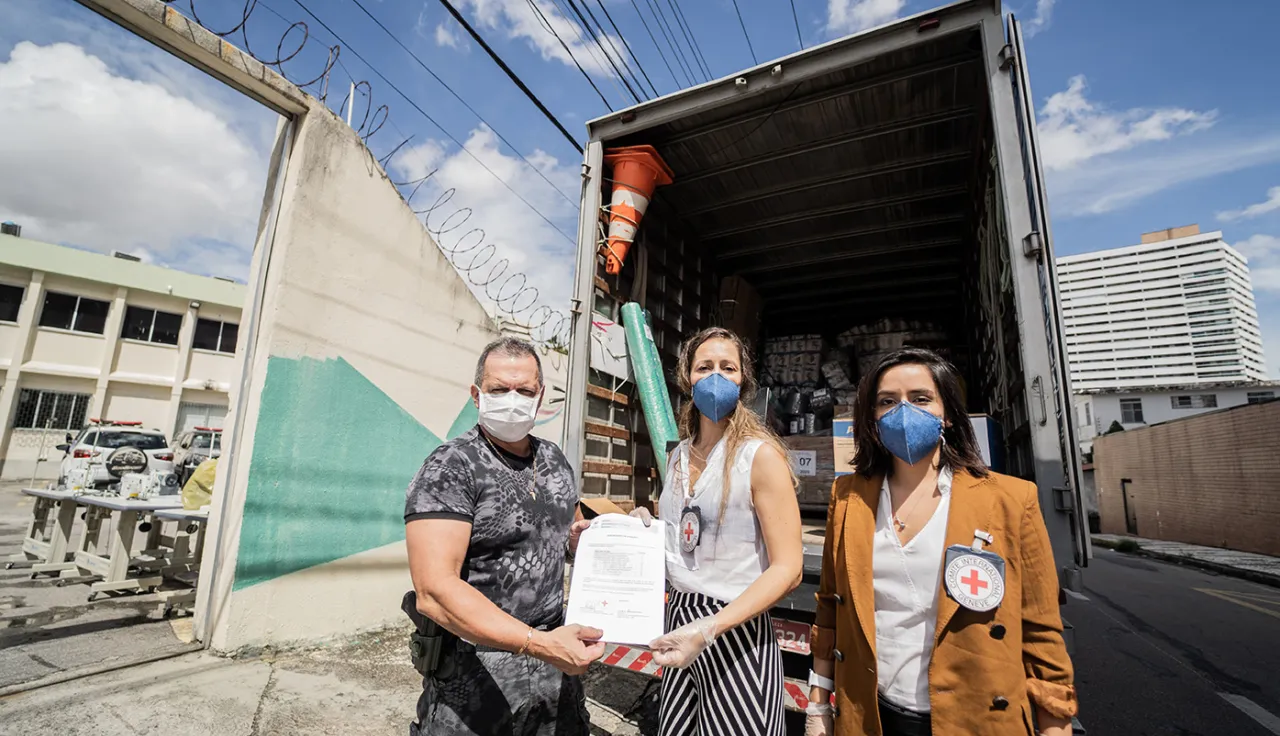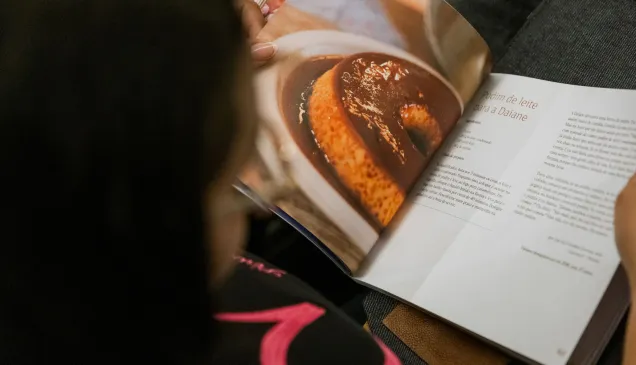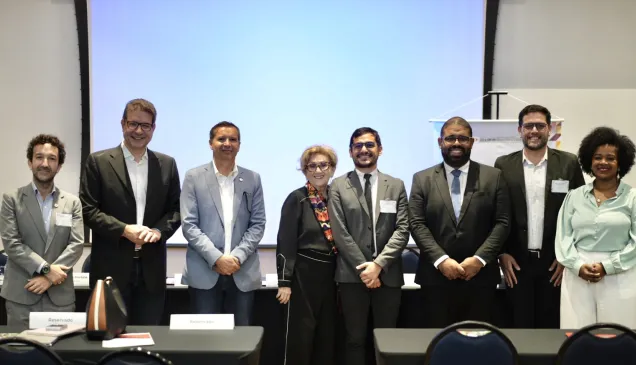Brasilia (ICRC) – The International Committee of the Red Cross (ICRC) donated sewing machines and materials to the Secretariat of Penitentiary Administration of Ceará (SAP), a northeastern state of Brazil, for mask production. The donated raw materials will be capable of producing 44,000 masks, which will be used to prevent transmission, given how particularly vulnerable the prison environment is to the COVID-19 pandemic.
"During times of uncertainty, prevention is the most effective method in addressing the COVID-19 pandemic in prisons. The prison setting facilitates the exponential spread of infectious diseases," noted Valentina Torricelli, the chief of the ICRC office in Fortaleza, the capital of the state of Ceará. "The machines can also be used in the future to manufacture more protective equipment or other products, helping to promote the work of those interned in correctional facilities for educational and productive purposes."
The donation by the ICRC likewise includes latex gloves, washing machines, fumigators and sanitzing and cleaning products, like bleach, disinfectant and soap. The units receiving donations are locations that may be particularly vulnerable, such as the Criminological Screening and Observation Center (CTOC) - a gateway to the penitentiary system and potentially more exposed to COVID-19; the Irmã Imelda Lima Pontes Prison Unit and the Auri Moura Costa Female Penitentiary Institute (IPF), where incarcerated individuals include the elderly, pregnant women, people with serious illnesses, and others.
Torricelli added, "Through this initiative, we are playing a role in protecting groups that are particularly vulnerable, considering that these are also the people who are at a higher risk right now and, at the same time, we are concentrating our efforts on the 'doors of the prison system' as the target for preventing the spread of the coronavirus throughout this system."
"This partnership with the International Committee of the Red Cross is very important because, in this context, they donated 10 new sewing machines as well as other hygiene kits and raw material to produce more than 44,000 masks," says Mauro Albuquerque, the secretary of Penitenciary Administration of the state of Ceará. "We already have three active factories inside the units. By adding this new one, there will be four factories. This partnership, the track we are building together with the International Committee of the Red Cross is essential for the work at this moment."
The donation of machinery is a supplement to a project initiated by SAP in conjunction with the National Service for Industrial Training (Senai), which has already begun producing 11,000 protective masks.
THE ICRC IN CEARÁ
The ICRC commenced its work in the capital of Ceará in 2018 through the signing of a Technical Cooperation Agreement to implement Safer Access (AMS) with the Fortaleza Municipal government and a Technical Cooperation Agreement with the Department of Public Security for conducting Human Rights Instructor Training courses applied to Police Activities. The ICRC also signed another Technical Cooperation Agreement in 2019 with the Municipal Office for Citizen Safety and the Fortaleza Municipal Guard.
A Memorandum of Understanding between the ICRC and the Ceará State Government was signed in April 2019 in order to join efforts in reducing the humanitarian consequences of armed violence on the people in the region. The agreement also facilitates cooperative and meaningful work with the Ceará authorities on detention conditions and the treatment of incarcerated people, and includes the search, location and identification of missing persons and measures to serve the needs of family members.
For more information
Diogo Alcântara, CICV Brasília, +55 61 98248-7600, dalcantara@icrc.org
Sandra Lefcovich, CICV Brasília, +55 61 98175-1599, slefcovich@icrc.org




